Grade A-listed Thomas Hamilton building has been largely vacant for more than 25 years
Plans by Richard Murphy Architects to transform Edinburgh’s grade A-listed Thomas Hamilton building into new premises for the National Centre of Music have been given the green light.
The local firm’s proposals for the Royal High School Preservation Trust were approved by Edinburgh council earlier this week.
They will see the creation of a major new cultural destination in the neo-classical building, a monumental former high school built in 1829 which was once mooted as a possible home for the Scottish Parliament.
Once complete, the building will include three performance spaces, rehearsal rooms and a recording studio providing a centre for Scotland’s music sector.
New gardens and outdoor areas, a café, conference and business facilities will also be built alongside a vaulted bar with views over the city’s New Town, a Unesco world heritage site.
Royal High School Preservation Trust executive director Grant MacKenzie said: “The Royal High School is both architecturally and culturally significant for Edinburgh, and we’re grateful to Edinburgh city council for allowing us to bring it back into public use as an exciting indoor and outdoor cultural destination.”
The plans are the latest in a series of failed development proposals for a building which has been mostly vacant since plans to transform it into the home of the Scottish Parliament were shelved in 1997.
A proposal to turn it into a hotel in 2010 came to nothing and was replaced with another hotel proposal in 2015 by Hoskins Architects which would have included two six-storey wings on either side.
This scheme was widely condemned by heritage campaigners and refused planning by councillors.
A revised plan for the hotel was then followed by a proposal from St Mary’s Music School which stalled after an objection from the developers.
An Edinburgh Council spokesperson said the plans by Richard Murphy will: “preserve an iconic listed building in Edinburgh’s historic core in an enduring and sustainable use.
“The scheme is conservation-led and the proposed interventions are informed by thorough research of the building and its historical development.”
Funding for the redevelopment is being supported by a £45m cash injection from the Dunard Foundation.


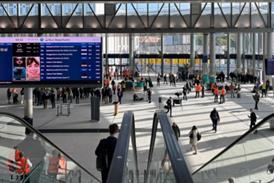
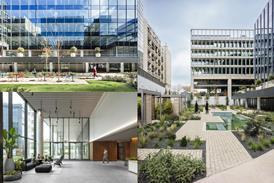
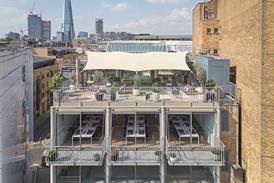
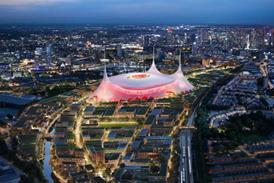



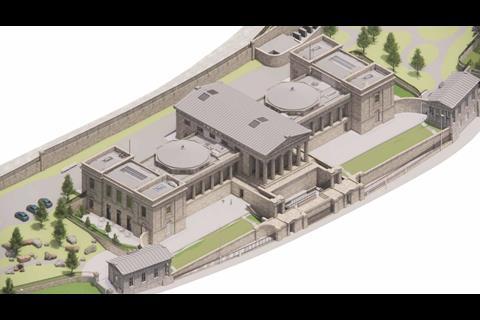
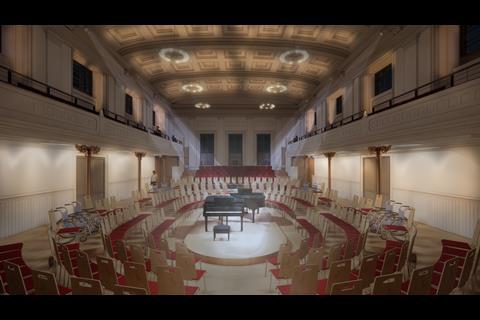
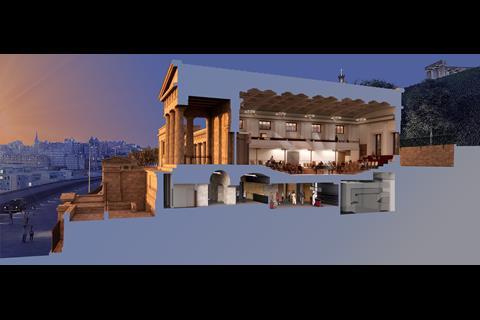
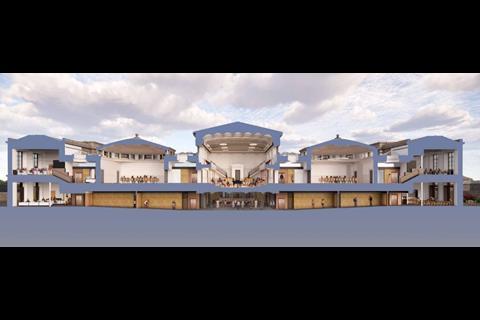
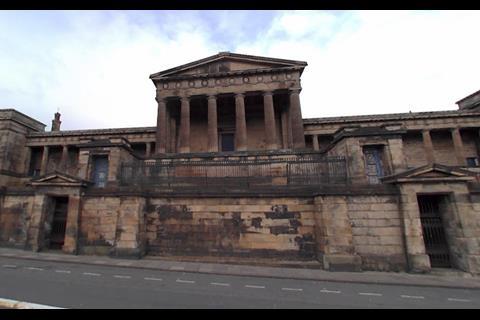
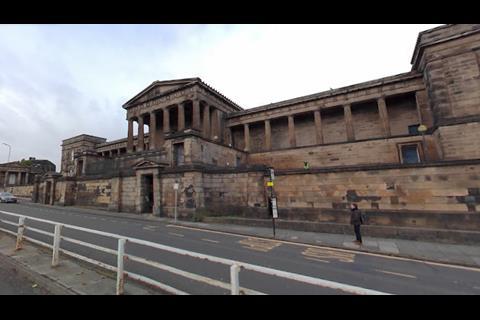







No comments yet